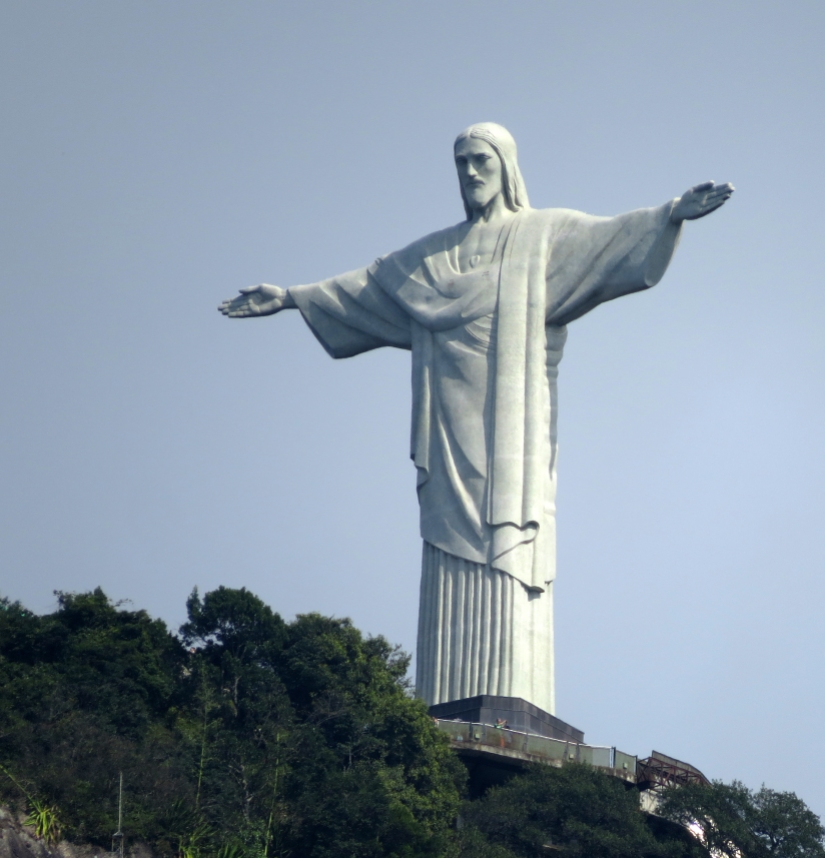‘Christianity’ is not a religion. This was ruled today by the Dutch Council of State’s Administrative Jurisdiction Division (Raad van State). Therefore, wearing a cross by adherents of Christianity cannot be regarded as an expression of religious belief. According to the judgment, the satirical element of Christianity is so predominant that it does not meet the criteria of “cogency, seriousness, cohesion and significance” that the ECHR applies when interpreting the freedom of religion. Christianity lacks the required seriousness and cohesion. The Administrative Jurisdiction Division recognises the relevance and significance of the right to freely express (satirical) criticism of religious dogmas and institutions. Such criticism, even though it does relate to religion, cannot, in itself, be considered as a body of thought that is protected by the freedom of religion.
The English press release: http://bit.ly/2KWUF8k
The Dutch press release: http://bit.ly/2nCQnK1
Tomorrow, the Dutch Council of State’s Administrative Jurisdiction Division will publish a verdict in a similar case, discussing whether ‘Islam’ can be considered a religion. It is widely expected that the verdict will be the same. Rulings on other religions are due next week.

The statement above is, of course, nonsense. It is absurd to think that the highest court in a democratic country would issue such a verdict, violating the separation of Church and State. Sadly, it is the reality. The first alinea is a direct quote by Bart Jan Van Ettekoven, chairman of the Dutch Council of State’s Administrative Jurisdiction Division. With one subtle difference – he is referring to Pastafarianism, the belief in the Flying Spaghetti Monster. I just took the liberty to replace “Pastafarianism” in his post with “Christianity”.
Yesterday the Dutch Council of State ruled that Pastafarianism can not be considered a religion. According to the ruling, the “lack of cohesion is illustrated by the relationship set out in Henderson’s letter [considered by Pastafarians to be their Revelation] between the decline in the number of pirates since 1800 and global warming”. Imagine other faiths being judged by this standard, where lack of consistency and coherence in holy texts is grounds for dismissal as a religion. How many ‘true’ religions will be left in the world?
